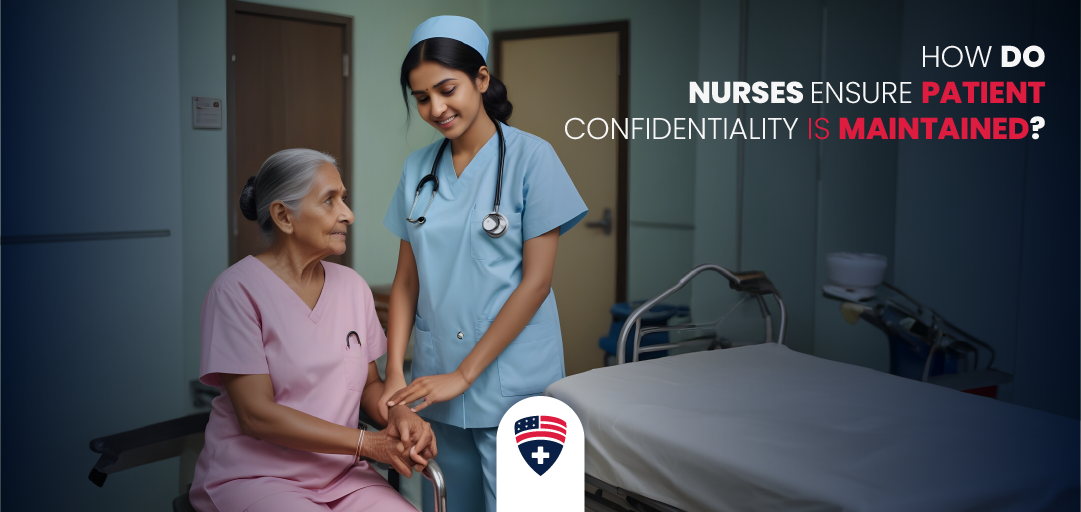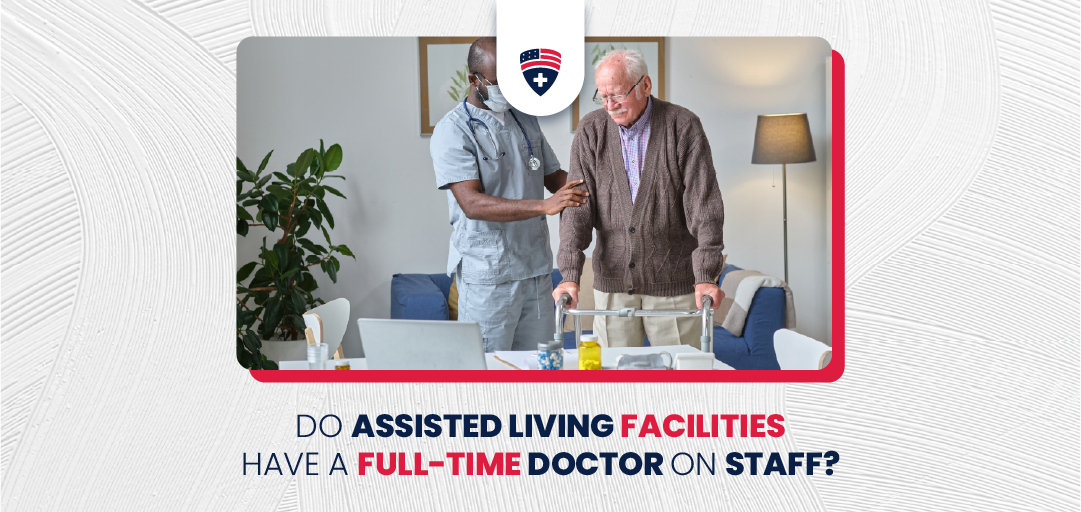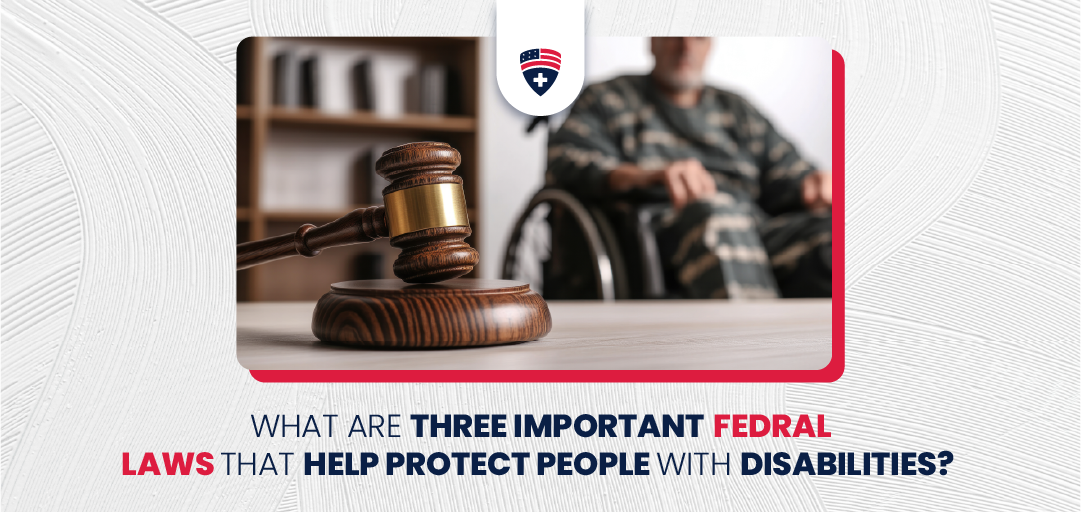
How Do Nurses Ensure Patient Confidentiality is Maintained?
Keeping a patient’s private information secret is what we call patient confidentiality. This is a big deal in healthcare because it helps patients and nurses trust each other.
We will explore, “How do nurses ensure patient confidentiality is maintained?”
At AHC, we offer courses and solutions to protect patient confidentiality. We educate and ensure compliance. Our goal is to create a secure and trustworthy environment for every healthcare professional and patient. Contact us now.
Why Keeping Patient Information Private Matters?
Patient confidentiality makes patients comfortable to share vital health facts. This can lead to better diagnosis and treatment. Laws, like HIPAA in the United States, require this privacy.
These laws set firm guidelines to shield patient data.
How Is Patient Confidentiality in Nursing Maintained? Understanding Laws and Ethics
Nurses must know the legal and ethical limits on patient privacy. This involves getting to grips with regulations like HIPAA.
With this knowledge, nurses can uphold the law while offering optimal care. Key to a nurse’s education is learning how to keep healthcare information confidential.
How Can You Maintain Confidentiality?
In healthcare, protecting patient information involves following specific protocols:
- Using Secure Communication to Maintain Confidentiality
Nurses use encrypted emails and secure chat apps to protect patient data.
They avoid public networks. They access EHRs only through secure systems. This practice helps nurses keep patient confidentiality intact.
- Preventing Unauthorized Access to Ensure Patient Confidentiality
Nurses make sure that only certain people can see patient information. They use passwords, store files securely, and limit access to records.
Knowing how to maintain confidentiality in healthcare involves familiarizing oneself with who should and shouldn’t gain access to patient information.
- Educating Staff and Patients on Patient Confidentiality
Nurses continually train to keep up with privacy rules. They learn about rights and data protection to tell their patients.
This shows nurses and patients why it’s vital to keep patient info secret.
Examples of confidentiality in healthcare are:
- Not discussing patient details in open areas.
- Correctly disposing of confidential documents.
- Ensuring only authorized individuals access patient records.
Conducting Regular Audits to Maintain Confidentiality
Nurses consistently analyze their systems. They look for potential issues that might risk patient details. These checks confirm that all steps to secure patient privacy are working well and are up to date.
Privacy, Security, and Electronic Health Records
Doctors and hospitals need to follow certain rules when dealing with patient information.
These rules are in the Health Insurance Portability and Accountability Act, or HIPAA. It makes sure that patient details are protected.
The privacy rule says that doctors should ask patients to share their medical info with other healthcare workers. But, it doesn’t force them to do it.
Doctors might need this information for things like billing or treatment.
However, rules like HIPAA sometimes require patient consent. Doctors need it to disclose confidential medical details.
How Do Nurses Ensure Patient Confidentiality is Maintained?
Making sure patient confidentiality is crucial in healthcare. Here are some best practices nurses follow:
- Private Consultations
When a nurse talks to a patient, they do it in a private room. This way, no one else can hear what they are talking about. This simple practice helps keep the information confidential.
- Secure Record Keeping
Securing records plays a major role in upholding privacy. Paper records are in locked cabinets. Strong passwords and coding protect electronic records.
It’s the nurses’ job to ensure only authorized individuals can access these records.
Continuous Professional Development
Nurses must stay updated on the latest methods and tech for privacy. By learning, they can know about new risks and find ways to manage them.
- Promoting a Culture of Confidentiality
In a healthcare setting, it’s key for everyone to grasp the value of privacy. All team members must keep patient data secret in their work.
This culture values confidentiality. It is vital to keep patient details secret.
Challenges in Ensuring Patient Confidentiality for Nurses
- Technological Vulnerabilities
As digital tools become more common in healthcare, data breach threats rise. Nurses, remaining vigilant, must collaborate with IT professionals to ensure system safety.
Swift action to fix system vulnerabilities is critical to stop data theft or misuse.
- Human Error
Sometimes, mistakes happen. A nurse might accidentally send an email to the wrong person or leave a patient file where others can see it.
These errors can lead to confidentiality breaches. Continuous education and awareness training help nurses avoid these mistakes.
- Balancing Care and Confidentiality
In urgent situations, patient data might need rapid sharing by nurses. This gets tricky as keeping data confidential clashes with speedy care delivery.
Nurses ought to disclose solely essential data, always aiming for safe ways if they can.
Conclusion
So how do nurses ensure patient confidentiality is maintained? Nurses must keep patient information secret. It’s vital for excellent healthcare.
Nurses can protect privacy by following laws and rules. They should use secure communication and limit access to patient records. They should teach workers and patients, and conduct regular audits.
Nurses must protect patients’ trust and privacy. Despite challenges, they must commit to best practices and to improving their work.
FAQs
How do you ensure patient confidentiality?
In healthcare, safeguarding a patient’s privacy is crucial. Techniques include:
- Using secure communication methods.
- Making electronic data unreadable to outsiders.
- Allowing only approved staff to view patient details.
How to prevent breach of confidentiality in healthcare?
In healthcare, keeping patient details confidential is key. To achieve this, avoid discussing patients in public. Discard confidential paperwork correctly. Also, train staff frequently on privacy rules.






